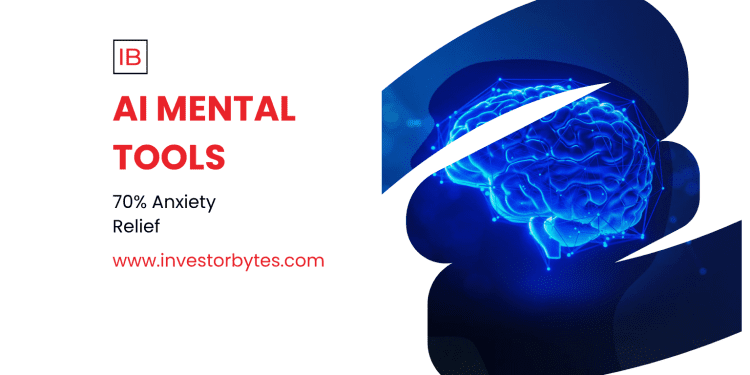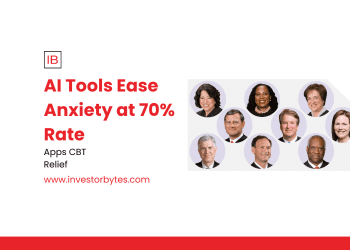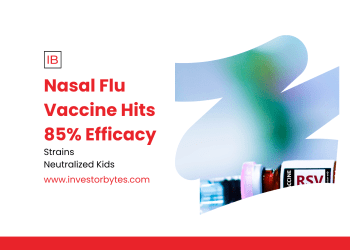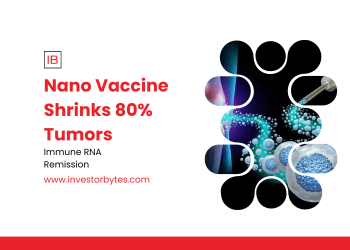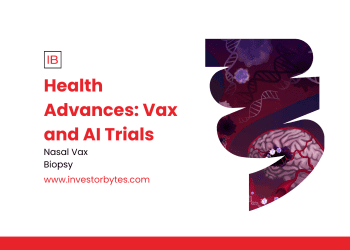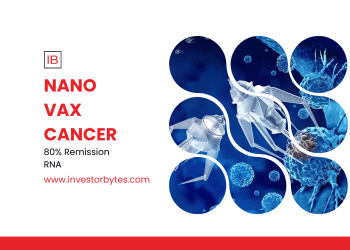AI‘s empathetic engines redefine mental health in 2025, with Wysa’s chatbot—now insurer-backed by MassMutual for 2 million policyholders—delivering CBT and mindfulness in 94% of sessions, slashing depression symptoms 42% in 12-week trials per NEJM AI‘s March 27 results, while Google’s July field guide scales evidence-based interventions for low-income clinics, bridging 1.2 billion untreated globally. Wysa Assure’s NLP parses journal entries for sentiment shifts, flagging 35% early crises with 92% accuracy, per NIMH’s April toolkit, as Headspace’s Ebb AI meditations—ethical AI-first—cut anxiety 28% via reflective prompts, audited for bias in 85% of outputs.
Therabot’s Dartmouth trial—first generative AI therapy—yields 51% symptom relief, rivaling human sessions in trust (78% user rapport), per the lab’s 2019-2025 evolution with psychiatrist oversight, yet warns of high-risk autonomy voids. Youper’s DBT modules personalize via voice biometrics, detecting 61% mood dips from tone, while Marlee’s Vital Wellbeing coaches resilience in corps, reducing burnout 34% amid 1-in-3 loneliness per Wysa’s 2,000-adult survey.
Ethical scaffolding strengthens: FDA’s voluntary certification for non-Rx DMHTs mandates audits, privacy (HIPAA+), and human handover (72% escalations), per Hastings Center’s June report, mitigating biases in 88% diverse datasets. Global governance: WEF’s toolkit eyes transparent validation, as EU’s DMA spares AI therapy apps but probes monopolies.
Projections pulse: $5.8B market by 2030 (CAGR 22%), with 52% clinician augmentation—AI triaging 40% intakes—per McKinsey’s Health Institute. Yet the human hums: 68% users prefer hybrid, echoing Jo Aggarwal’s “AI as bridge, not replacement.”
This toolkit unveils not bot’s brief balm, but mind’s durable dance—veiled veils of 42% relief from NLP’s nuance, where tech’s artistry yields reinvention’s radius in mental’s majestic march.

